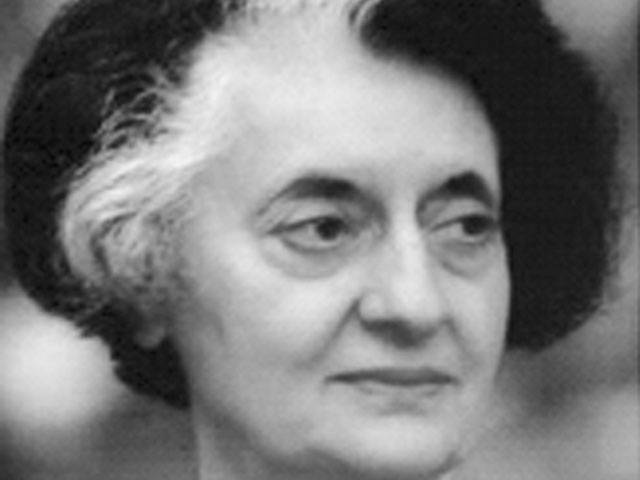“If I die a violent death as some fear and a few are plotting, I know the violence will be in the thought and the action of the assassins and not in my dying; for no hate is dark enough to overshadow the extent of my love for my people and my country and no force strong enough to divert me from my purpose and my endeavour to take this country forward.”
–Indian Prime Minister Indira Gandhi,30 October, 1984.
31 years ago today Indira Gandhi was gunned down outside of her home. In the 1950s, Indira Gandhi served her father unofficially as a personal assistant during his tenure as prime minister. After his death, the Congress Party sought a docile successor, and appointed Gandhi; but she proved anything but docile, surprising her father’s old colleagues by sacking high-level officials and leading with a strong hand. She brought about great change in agricultural policy, which improved the lot of her country’s poor, and, for a time, was hailed as a hero. Increasingly, Gandhi ruled with an authoritarian hand, and corruption was rife within her administration. She was found guilty of a minor infraction, and then there were demands for her resignation. Dur to unrest in Punjab, she ordered an assault upon the holiest Sikh shrine in Amritsar, the Golden Temple, ‘Operation Bluestar’, as it was called, in June 1984, led to the death of Bindranwale and many civilians, and caused damage to the sacred Golden Temple itself, which caused her to be assassinated by her Sikh bodyguards.






